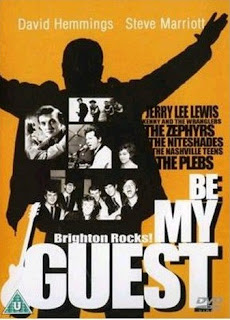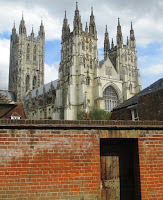Psychologists talk about
confirmation bias - our tendency to notice evidence that confirms our beliefs and to disregard evidence that contradicts them.
I fear that the idea of a Liberal Democrat fightback - #libdemfightback as we say on Twitter - is in large part an example of confirmation bias.
Take last night's local council by-elections.
They saw a really good Liberal Democrat hold in Eastleigh, where we won the Hedge End Grange park ward with 56.5 per cent of the vote (up from 41 per cent last time the seat was fought).
But in the other three contests we did not even field a candidate.
The excellent by-election previews from
Andrew Teale on Britain Elects show that this is pretty much usual in two of those wards.
But the third of them is a worry.
The William Morris ward in Waltham Forest used to be closely fought Labour and the Liberal Democrats. We even won a by-election there in 2003. Last night we didn't even field a candidate.
I fear these no shows - and the votes of a few per cent that are now in common wards where we do not try very hard - are at least as significant as the spectacular gains that we celebrate with #libdemfightback.
In fact, given how good we are at local by-elections, if we did not win them pretty regularly it would be a sign that the party really was over.
We will know the Liberal Democrats are on the way back when we see what I once called
good third places and a national opinion poll rating well into double figures.
Until then, let's keep tweeting #libdemfightback gains, but let's not fool are selves about the extent of their significance,










































